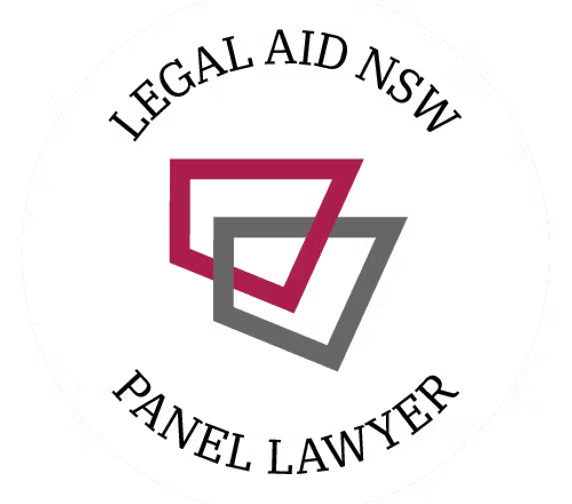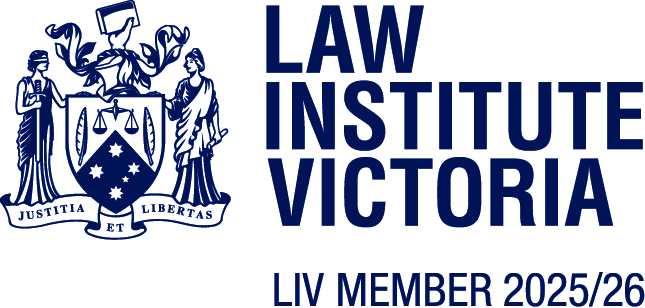Stalking and Intimidation in New South Wales (Section 13 Crimes (Domestic and Personal Violence) Act 2007)
Stalking and intimidation are serious criminal offences in New South Wales. They are designed to protect individuals from repeated harassment, threats, or behaviour that causes fear or distress.
The Law – Section 13 Crimes (Domestic and Personal Violence) Act 2007 (NSW)
Section 13 of the Crimes (Domestic and Personal Violence) Act 2007 (NSW) makes it an offence to stalk or intimidate another person with the intention of causing fear of physical or mental harm.
Elements of the Offence
The prosecution must prove beyond reasonable doubt that:
Stalking may include following, contacting, watching, or sending repeated communications (including online).
Maximum Penalty
The maximum penalty for stalking or intimidation under section 13 is five years’ imprisonment and/or a fine of up to 50 penalty units.
Possible Defences
Defences available to stalking or intimidation charges include:
Given the subjective nature of fear and intent, these matters often rely on careful cross-examination and evidence analysis.
Contact EAS Legal for Expert Help
If you have been accused of stalking or intimidation, early legal advice is crucial. At EAS Legal, our NSW criminal defence lawyers will protect your rights, challenge weak evidence, and work towards resolving the matter quickly and effectively.
Call 1800 117 533 or visit www.easlegal.com.au for a confidential discussion today.
Need to speak with a lawyer?
Our experienced lawyers are here to help you understand your legal rights and options. Contact us for a confidential discussion about your situation.

















